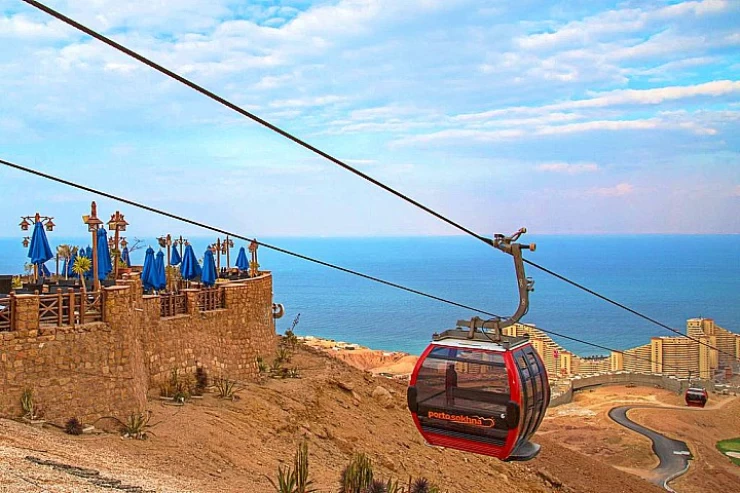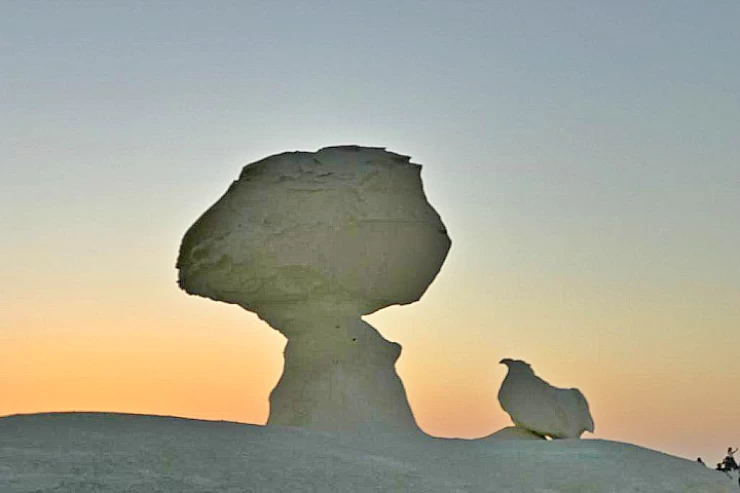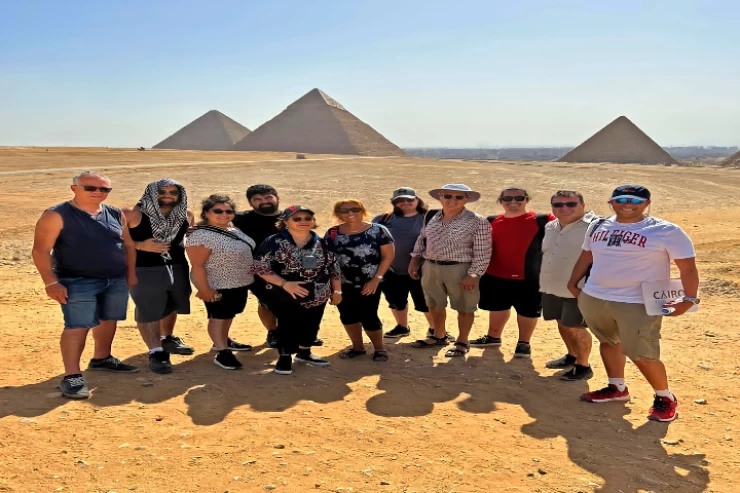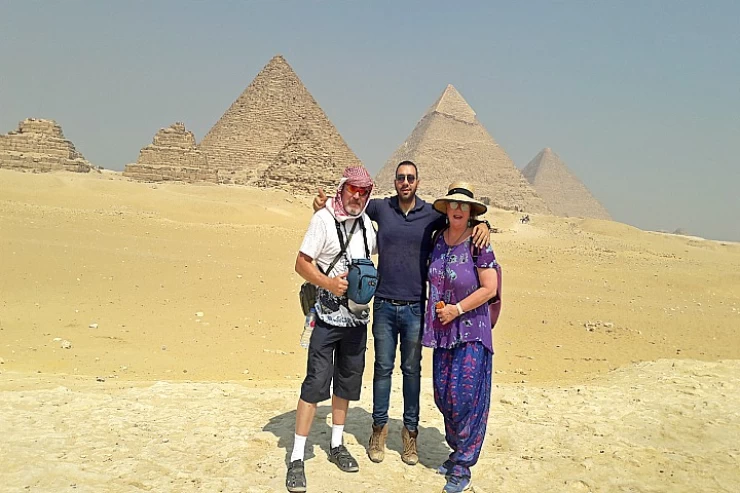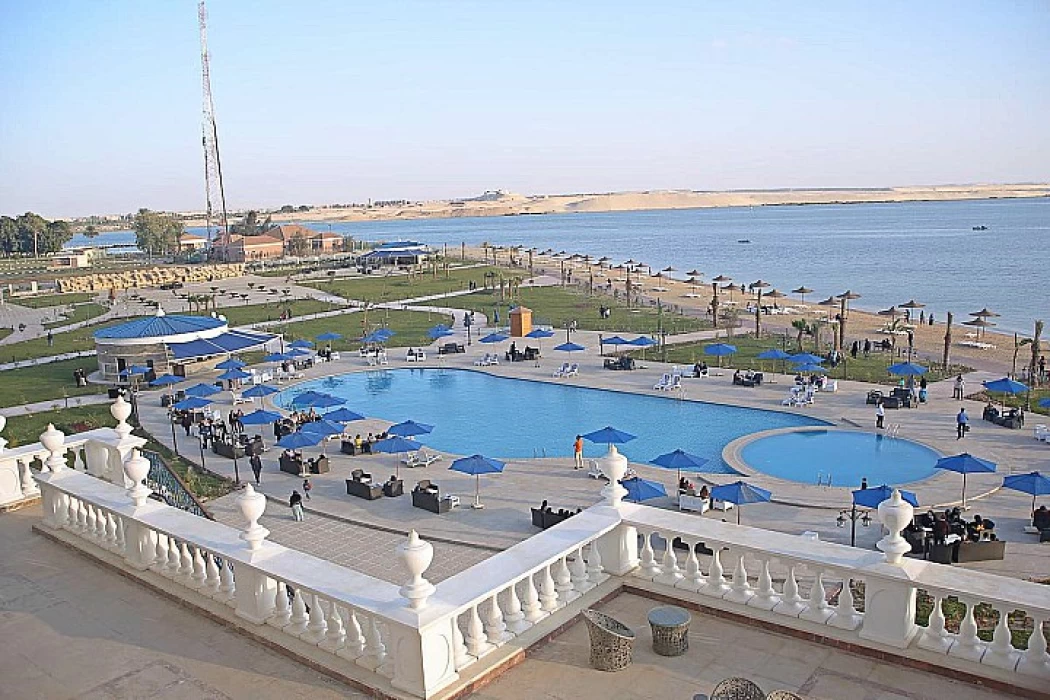
Al-Ismailia Governorate Egypt
Facts About Al-Ismailia Governorate Egypt
The nineteenth Dynasty of ancient Egypt is, in general, considered as the fourth Dynasty of the Egyptian Late Period. Sometimes it is also called, Dynasty XXIX, Dynasty 29, or 29th Dynasty. With the foundation of the Amyrtaeus Dynasty, the 28th Dynasty's last Pharaoh, Nefaarud I, was overthrown, in 398 BC. Then the Nefaarud II coup in 380 BC wiped out the entire dynasty.
Founded in what is now called Egypt, Ismailia is one of the world's ancient governorates. It has many historical attractions and remains one of the interesting cities of the world. It is an eloquent city located generally at the Suez Canal and characterized by the crowds of greenness, parks, lakes, beaches, hotels and tourist villages as well as its numerous archaeological sites.
Ismailia is among the essential cities in the Suez Canal region, and it has received another nickname "the city of gardens and flowers". Contrary to the other part of the city, the city center is where you can see many 19th-century architect-designed houses with British and French styles were the notable signs of British and French colonization.
The Ismailia Governorate besides offering a set of lakes that stand for one of the most beautiful lakes in Egypt due to the quiet of water and clearness of their refection it has, among others, Lake Crocodile and Murrah Lakes, and hotels as well as the tourist villages, where there are 6 hotel establishments with a capacity of 586 hotel rooms and 4 tourist establishments (tourist restaurants).
The governorate has Malaha Gardens, one of the most beautiful gardens in Egypt due to the rare species of trees and palm trees, which is built on an area of 500 acres on both sides of the Ismailia Terrace and Lake Crocodile.
Ismailia governorate has many archaeological assets, including Tell al-Koua, Tell Hassan Dawood, Tell al-Maskhuta, Tell al-Rataba, Tell Sarabiyum and Tell al-Sahaba, which date back to different historical eras, including prehistoric times, the Middle Kingdom, the New Kingdom, the Greek and Roman eras, and the Second Transition Era.
The governorate also contains a number of Islamic monuments, the most important of which are: The old Suez Canal building is the first administrative headquarters of the Suez Canal Authority and the building is built in the French style, and the Delibes Rest House is built in the European style and the registered part of the rest house is a rectangular space consisting of a ground floor and a floor.
The interior of the lounge consists of a square room for reception, and this room has six doors, one of which leads to the collectibles room, and in this room Fernand Delesps' belongings were collected; they are historical and archaeological pieces and personal photos of Delesps, and this room has a door leading to a staircase leading to the upper floor, and there is also a The Abbasi Mosque, which was established by Khedive Abbas Helmy II in 1898 AD, the King Farouk Mosque, which was ordered by King Farouk in 1943 AD and inaugurated in 1946 AD, and the observation tower (Tabiya Orabi) established by Muhammad Ali Pasha in 1820 AD, and used by Ahmed Orabi during his wars against the British in 1882 AD.
The foundation stone was laid for the founding of the Ismailia Governorate, which was previously called the city of Timsah, because it was located north of Lake Timsah on April 27, 1862 AD during the era of Said Pasha, and in the following year.
it was called Ismailia in relation to the ruler of Egypt during that period of Khedive Ismail, while the official launch of the Ismailia Governorate was during a ceremony attended by a number of The heads of the world in 1869 AD to open the Suez Canal.
This city starts from the village of Al-Mahsima and extends to the village of Dhahria, which is one of the most famous cities in the Republic of Egypt with mango and strawberry cultivation, inhabited by about 48 thousand people.
It is called the East because of its occurrence east of the Suez Canal, and it also includes part of its area part of the Sinai Peninsula, and this city was built on the ruins of a cemetery dating back to the Roman era, several names such as Tharo and Sila were called on this region, and it contains several archaeological landmarks such as the fortress Which was built by the Mamluk Sultan Qansuh Al-Ghuri.
And among the ancient places that exist in this city is the Museum of Ismaili Archeology
The Museum of Archeology of the Governorate dates back to its construction in 1913 AD by a group of engineers who work in the International Maritime Navigation Company, and it is distinguished by the architectural character that was built upon it taking the form of a temple, and the museum includes many rare artifacts dating back to the Pharaonic era, and it had opened The doors of the museum to allow visitors to visit it for the first time in 1934.







